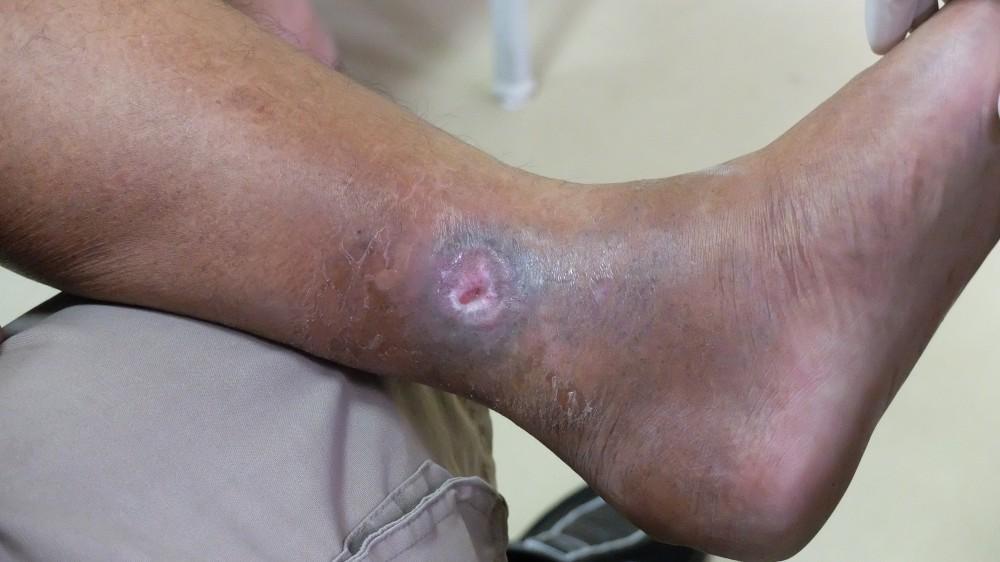
Is a Stress Fracture Serious?

When your bones undergo stress, you run a risk of stress fractures, tiny cracks that can form in your bones. Stress fractures may not seem like a serious sports injury, unlike a blown-out knee or a broken arm. However, you should still take stress fractures seriously, and get checked out by a medical professional if you think you might have this issue.
Left untreated, stress fractures can lead to serious complications. Dr. Steve Sharlin and his team of foot, ankle, and leg specialists treat stress fractures and other sports and stress-related injuries from locations in Hinsdale, Libertyville, and the Streeterville community of Chicago, Illinois.
If you think you might have a stress fracture, you might be concerned about whether or not your condition is serious. After Dr. Sharlin’s evaluation, you’ll know more about your condition, and can work out a treatment plan as needed to protect your bone health, mobility, and more.
Stress fractures, from mild to serious
As your bones absorb the pressure of the weight of your body in motion, stress fractures can occur due to repetitive wear-and-tear. You’re at greater risk of stress fractures if your bones are weak due to a medical condition like osteoporosis.
Stress fractures often occur in the feet or legs, and can be a particular problem for track-and-field athletes or long-distance hikers or climbers. You can reduce your risk of stress fractures by living a bone-healthy lifestyle, and by watching out for over-exercising and increasing activity levels gradually.
Initial symptoms of a stress fracture may seem like not much of a big deal. You could just have a little pain or discomfort. You might be tempted to press on through what seems like a mild stress fracture. But even mild stress fractures can become serious.
Potential complications of stress fractures
Stress fractures compromise your bones, and can worsen over time. You might suffer from further stress fractures if you leave a stress injury untreated. Or, your stress fracture could deepen into a complete fracture, requiring more invasive treatment and longer recovery times.
Living with stress fractures also isn’t a great time. Your pain symptoms are likely to increase, and you could notice delayed healing and bone tissue death in the affected limb. Stress fractures can become a very serious health condition if left untreated.
Evaluate and treat stress fractures
At The Foot Care Group, Dr. Sharlin can diagnose and treat stress fractures so that the issue doesn’t get worse. Depending on your condition and care needs, you may be able to benefit from interventions and therapies including:
- Rest
- Bracing, taping, or splinting
- Physical therapy
- Medication management for pain
- Surgical treatment
For support you can count on when it comes to stress fractures and other sports injuries affecting your legs, ankles, and feet, get in touch with Dr. Sharlin and the experts at The Foot Care Group today. Schedule your initial consultation online or over the phone now.
You Might Also Enjoy...


Can Hammertoes Be Corrected with Orthotics?

Can Cryotherapy Get Rid of My Plantar Warts?

I'm Embarrassed About My Toenail Fungus: What Can Help?

5 Bothersome Complications of Untreated Hammertoe

